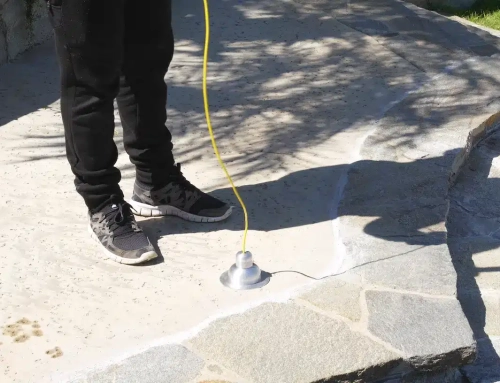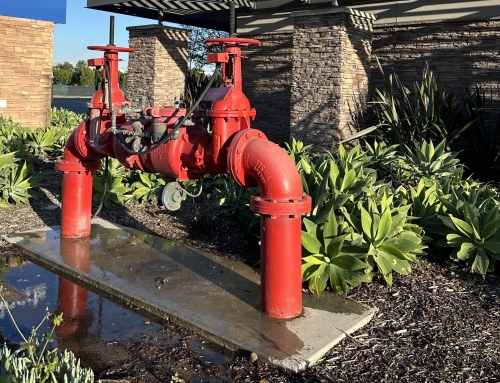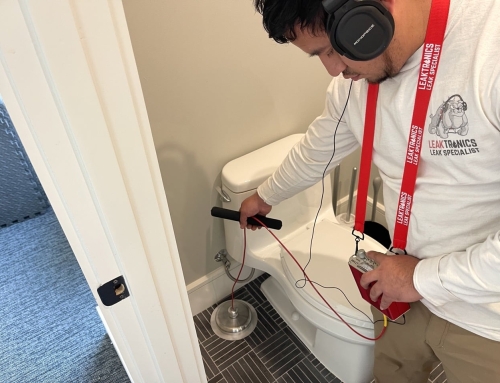Water is essential in every household, but it is also an increasingly scarcer good. With this in mind (and also because saving when possible is great for every household budget), it is important to keep its consumptions thoroughly controlled. In addition, it is important to detect any leaks as soon as possible, in an effort to save both water and money.
In Southern California, when temperatures top the three digit mark, outdoor leaks can go visually unnoticed, as they may dry right up before they’re seen. Now, as the summer draws near, is the time to take a look at your meter and see if you’ve got movement, and if that movement is due to a leak.
The state of California offered 2018 statistical reports that share 10% of residential properties leak 90+ gallons of water per day and they simply don’t know it. When the water bill comes, most homeowners don’t review itemizations – they pay their services in the posted lump sum without considering how they can reduce some of the numbers that it’s comprised of.
The state of California has just passed a new bill that puts in place regulations for water use, in order to prevent droughts like the one experienced in 2015. This law places some limitations in terms of water usage, both out and indoors, among other rules. If a pipe is leaking slowly in an irrigation system, and has been for some time, the numbers on your bill might seem regular and not cause questions – but homeowners should check just the same.
Standards for California’s new water use regulations will be based on a formula that is made up of three main factors:
– an allowance of 55 gallons per person per day for indoor water use — dropping to 50 gallons by 2030
– a yet-to-be determined amount for residential outdoor use that will vary depending on regional climates
– a standard for water loss due to leak rates in water system pipes.
Considering these figures, homeowners may be using the amounts exceeding those in the state regulations and be unaware. Considering the out of pocket costs, it’s time to check for leaks.
At LeakTronics, the leading industry manufacturer of professional leak detection equipment, they recommend taking a look at your water meter while all your in home devices are off. If the meter spins, you might have a running toilet valve, or more likely, you could have a leak on the property. It’s the right time to schedule a visit from a professional leak detection technician. With an average leak detection costing less than $500, a homeowner can isolate costly leaks and plan repairs before their water bills sap them dry.
LeakTronics offers an online resource for finding leak detection professionals that use the brand’s trusted equipment to locate leaks. By visiting http://www.leakprofessional.com, LeakTronics leak professional locator – homeowners can use the map feature to reference their closest LeakTronics Equipment User and schedule a money saving leak detection immediately, and the sooner the better.
Tracy Quinn, water conservation director for the Natural Resources Defense Council says, “The framework strikes the right balance between local control and necessary state oversight.”
Quinn also shared that most cities and water districts in California are already close to, or under, a standard of 55 gallons per person per day for indoor use. Reducing waste from leaks is going to help homeowners keep their use under the standard.
Last year, urban Californians used an average of 90 gallons of water per person per day for indoor and outdoor use combined, according to the state water board. Some of that costly use was due to leaks and water loss. Most communities using more were located in hot places in Southern California and the Sacramento area. In the summer at least half of residential water use in most communities comes from watering lawns, landscaping and leaks.
“Every local water agency supports conservation and has a responsibility to make sure its water users use water efficiently,” said Quinn, and LeakTronics is helping every step of the way.






